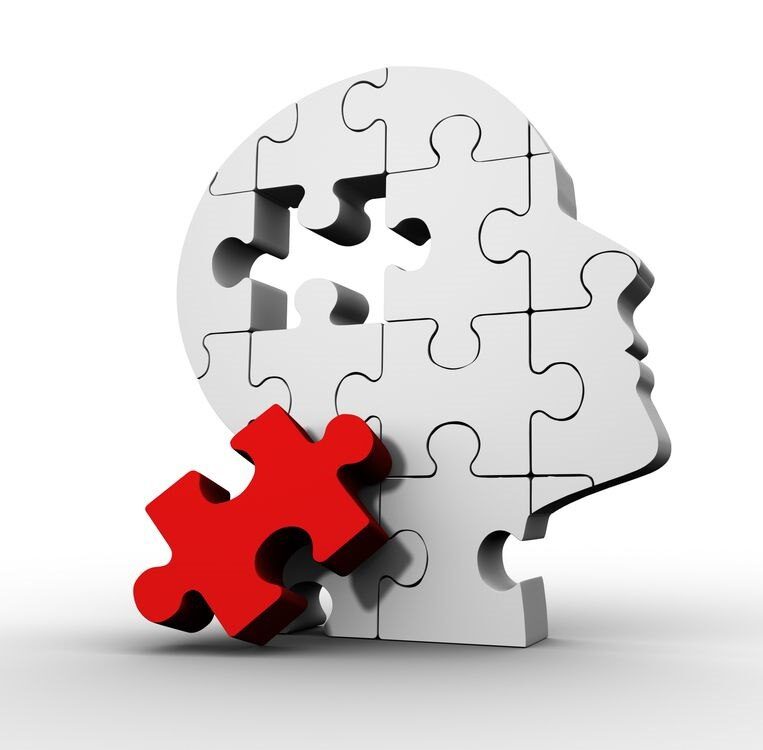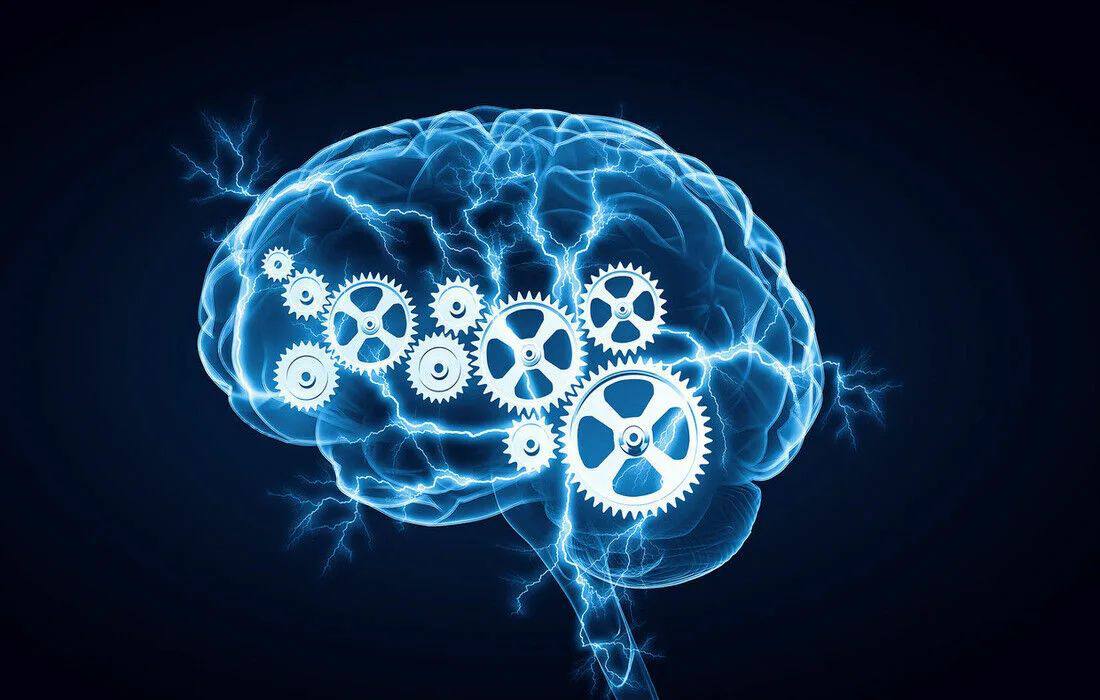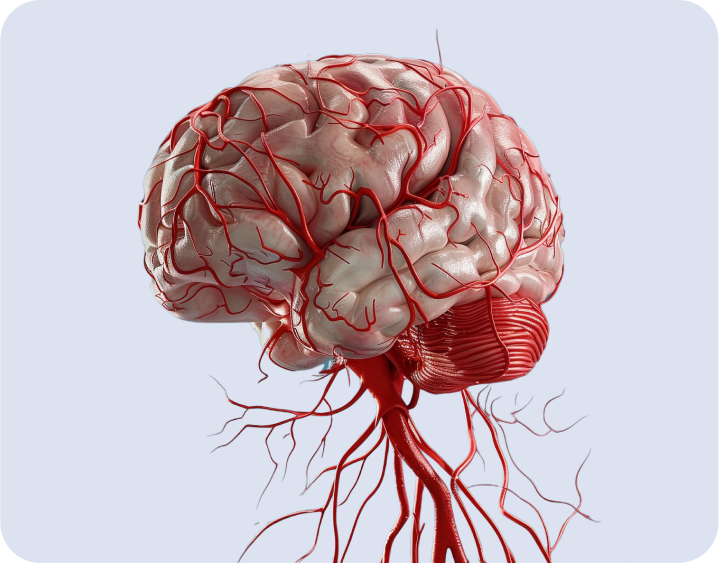Psychiatry and narcology
Registered on ClinicalTrials
Assessment of the effectiveness of ethylmethylhydroxypyridine of succinate with alcohol withdrawal
Authors:
Yakusheva E.N., Schulkin A.V., Abalenikhina Yu.V.
Treatment of alcohol cancellation syndrome
Author:
Sivolap Yu.P.
FGBAOU VO "First Moscow State Medical University named after THEM. Sechenov "Ministry of Health of Russia (Sechenov University), Moscow, Russia
The possibility of using Mexidol in the complex therapy of mental disorders
Authors:
Shamray V.K. , Kurasov E.S., Nechiporenko V.V., Kolchev A.I., Tsygan N.V.
FGBVOU in the "Military Medical Academy named after CM. Kirov ”, St. Petersburg, Russia
The dynamics of electroenzelographic and psychophysiological indicators in acute poisoning by neurotoxicants at the rehabilitation stage against the background of various treatment methods
Authors:
Badalyan A.V. , Berezina I.Yu. , Goldfarb Yu.S. , Sumsky L.I.
Place of publication:
Journal of Neurology and Psychiatry, 2, 2017
The influence of Mexidol in combination with therapy with antidepressants on sleep disturbance with panic disorder in young people
Authors:
Kurasov E.S. , Rubevich R.S.
Military Medical Academy. CM. Kirova, St. Petersburg
Comparative assessment of the effectiveness of standard therapy and combination of Mexidol with convulsan at the stage of early rehabilitation of patients with opium drug addiction
Authors:
Melnikov M.A. , Karpov A.M.
Republican narcological dispensary of the Ministry of Health of the Republic of Tatarstan;
Kazan State Medical Academy
The effectiveness of the use of Mexidol with convulsive syndrome of withdrawal and post -traumatic genesis
Author:
Brastvoev V.A.
Arkhangelsk Regional Clinical Psychiatric Hospital
Application of Mexidol in Urgenic Narcology
Authors:
Klindukhova O.I., Novgorodov O.E., Sergienko N.N., Danilyuk P.V., Belotserkovich O.V.
Regional narcological dispensary, Krasnoyarsk
Therapeutic efficiency of Mexidol, when stopping various options for alcohol withdrawal syndrome
Authors:
Kashichkina O.V., Krieger N.A.
Saratov Regional Psychiatric Hospital of St. Sophia
Mexidol in the complex therapy of post -traumatic stress disorders
Authors:
S.A. Tsaregorodtseva, M.Yu. Bondarenko, Vaphranva E.V., Azin A.L.
Republican clinical hospital of war veterans;
The Center for Medical, Psychological and Social Rehabilitation of Veterans of Combat and Counter-Terrorism actions and members of their families, Yoshkar-Ola
The experience of using the drug "Mexidol" in the structure of pharmacotherapy of various clinical forms of neurosis
Author:
Aleshina N.V.
Departure of the crisis conditions of the Saratov city neuropsychiatric dispensary
THE INFORMATION IS INTENDED FOR HEALTHCARE AND PHARMACEUTICAL PROFESSIONALS. THIS INFORMATION IS NOT INTENDED AS A SUBSTITUTE FOR MEDICAL ADVICE.
Source of photos and images Shutterstock.com















